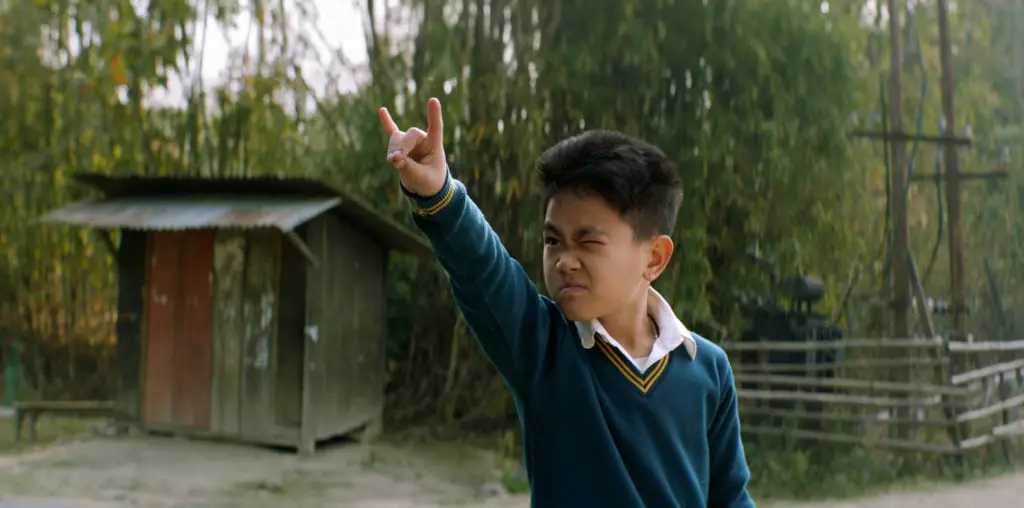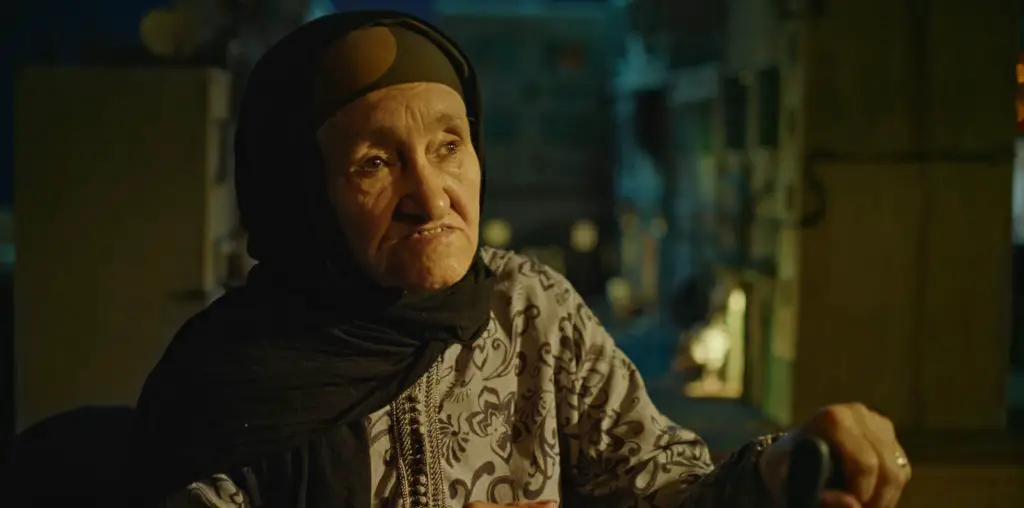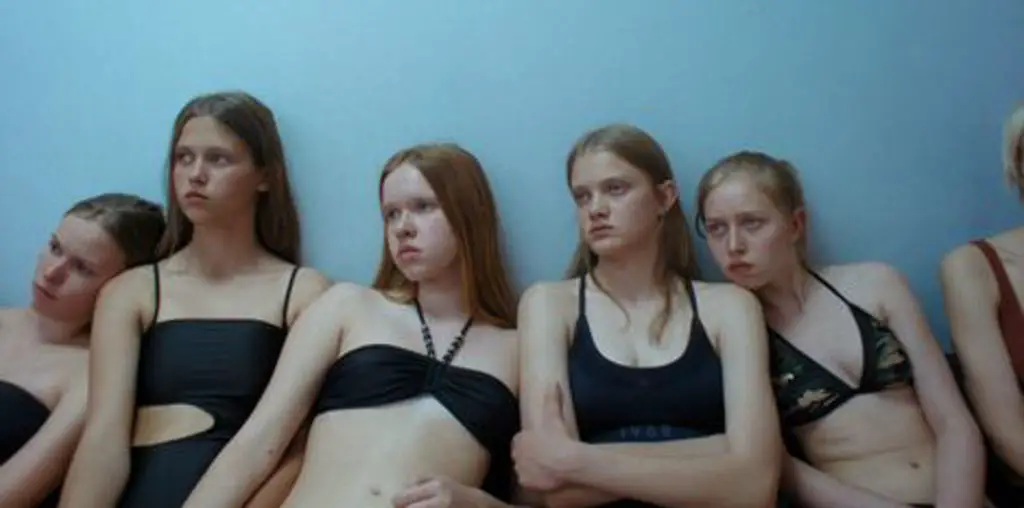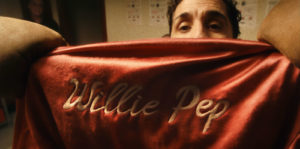
Boxing films are an American staple. There’s a primal beauty inherent in the battle between two fighters, and no sport is more cinematic at its core. However, the best films about the sport focus on the personalities involved. There are scores of memorable boxers in cinema, from Jake La Motta in Raging Bull to Maggie Fitzgerald in Million Dollar Baby. These characters transcend the sport, becoming avatars of both American stick-to-itiveness and self-destructive tendencies. Robert Kolodny’s The Featherweight carries on this great tradition with a striking film about one of boxing’s more memorable personalities, Guglielmo Papaleo — better known to the boxing world as Willie Pep.
The small-statured Pep (hence the title) had a remarkable record of 229–11–1 during his peak years in the 1940s and 1950s. His life outside the ring wasn’t as much of a success. He’s had numerous marriages, and his current wife, Linda, is bored with her uneventful life in Hartford. In contrast, his son Billy (Keir Gilchrist) from a previous marriage is something of a burnout. Needless to say, the life of the former champ isn’t as glamorous as it once was. These external pressures convince Pep that at 41, he needs to make a comeback. This is easier said than done in a sport where athletes are generally at their physical peak before 30.
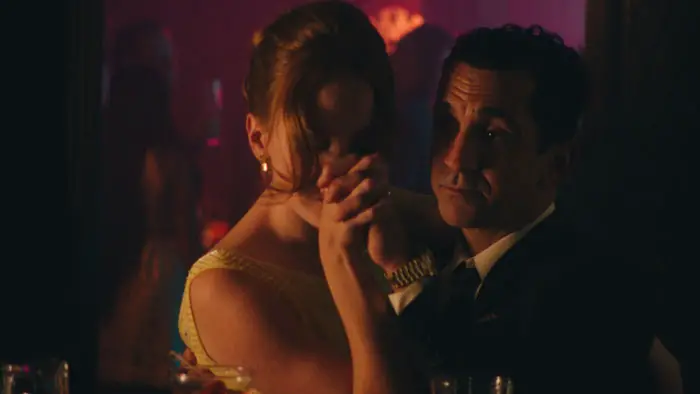
“…at 41, he needs to make a comeback. This is easier said than done…”
Kolodny’s film is told in the manner of a documentary covering Pep’s “comeback.” The decision to shoot as a fake documentary instead of a traditional narrative does wonders for the audience and their engagement with Pep’s persona. Shot in 16mm, The Featherweight effortlessly takes the audience into the world of the 1970s. Special attention is given to the production design, and there’s little to remind us that it’s actually a recreation, not a historical document found in the attic of Pep’s family members. Scorsese and Cassavetes seem to be a clear point of inspiration, with many sequences in Pep’s crowded household being reminiscent of Italianamerican and Raging Bull.
On a purely aesthetic level, the film is a resounding success. But the biggest surprise is the earnest performance of James Madio. He accurately portrays the nuance of a complicated person like Pep. From scene to scene, he shifts from amiable champion to delusional narcissist, and one would be forgiven for assuming this was actually the real-life figure and not a recreation. Rounding out the stellar performances in the film is Stephen Lang as Pep’s former trainer (a boxing coach being the role Lang was made for). Ruby Wolf also gives a breakout performance as Linda, a woman who begins to realize she’s out of Pep’s league.
There’s no doubt that The Featherweight would be a banal experience were it a standard narrative biopic. If the worst that can be said is that Pep is a predictable character for those familiar with boxing stereotypes and Scorsese films, then it’s just a reminder that we love these figures for their Shakespearean falls from grace. The mockumentary style of Kolodny’s film may be lost on some viewers, but even going in blind on boxing and its rich role in cinema’s history, everyone should find something to love in The Featherweight.
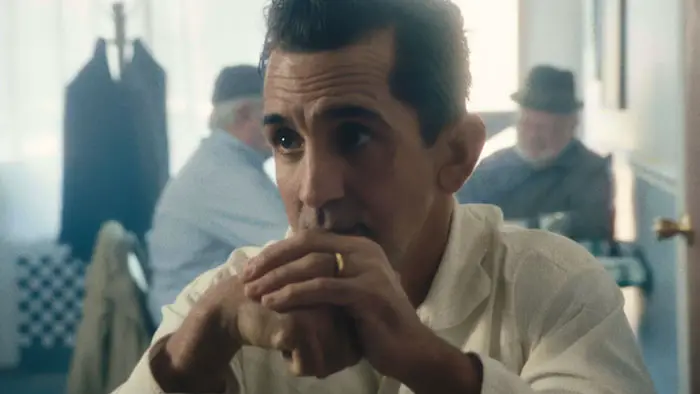
"…everyone should find something to love in The Featherweight."
